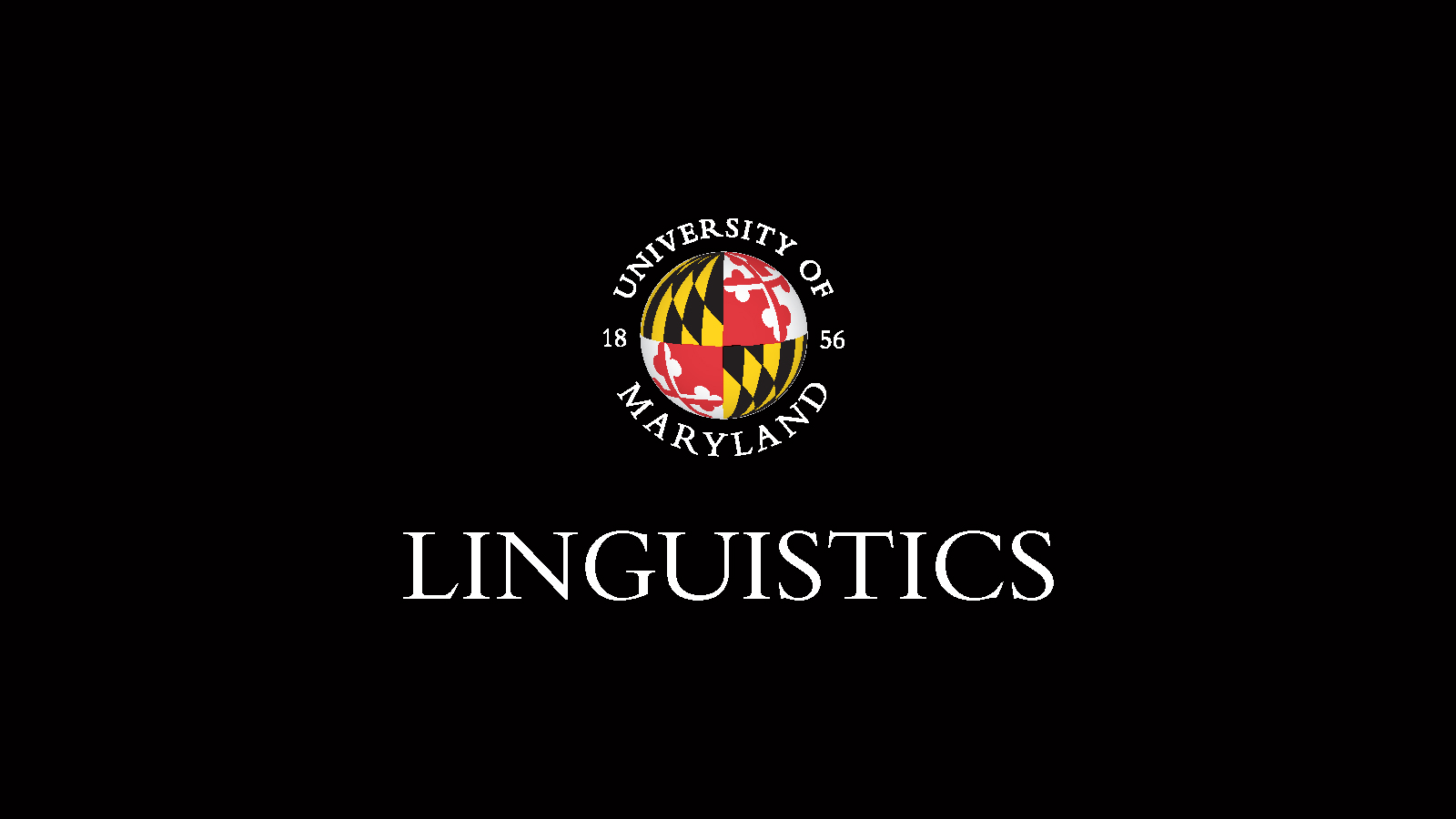[GLLaM] Tyler Knowlton - The psycho-logic of universal quantifiers

[GLLaM] Tyler Knowlton - The psycho-logic of universal quantifiers
How do meanings make contact with the rest of cognition? And how can we leverage that connection to better understand the representations that serve as meanings in a psychological semantics? This talk will consider the universal quantifiers as a case study. A sentence like every circle is green is often thought to express a relation between two independent sets: 'the circles are a subset of the green things.’ But I will argue that speakers represent these sorts of sentences differently, in non-relational terms: 'the circles are such that they are green.’ This not only receives support from experiments probing participants' strategies for verifying sentences, but offers a satisfying explanation of the semantic universal "conservativity". I'll then suggest a further representational distinction between every's non-relational second-order meaning, which implicates a group, and a non-relational first-order meaning for each, which implicates only individuals: ‘any individual that's a circle is green.' These proposed representations interface with distinct cognitive systems -- object-files for individuals and ensemble processing for groups -- leading to predictable behavioral signatures. Moreover, the proposed difference between each and every suggests a path forward for studying how these quantifiers are acquired. Theoretically, this case study supports the idea that the meanings of logical terms can provide detailed instructions to non-linguistic cognitive systems. Methodologically, it offers new sources of data for investigations into fine-grained aspects of linguistic meanings.
This is a practice job talk.



